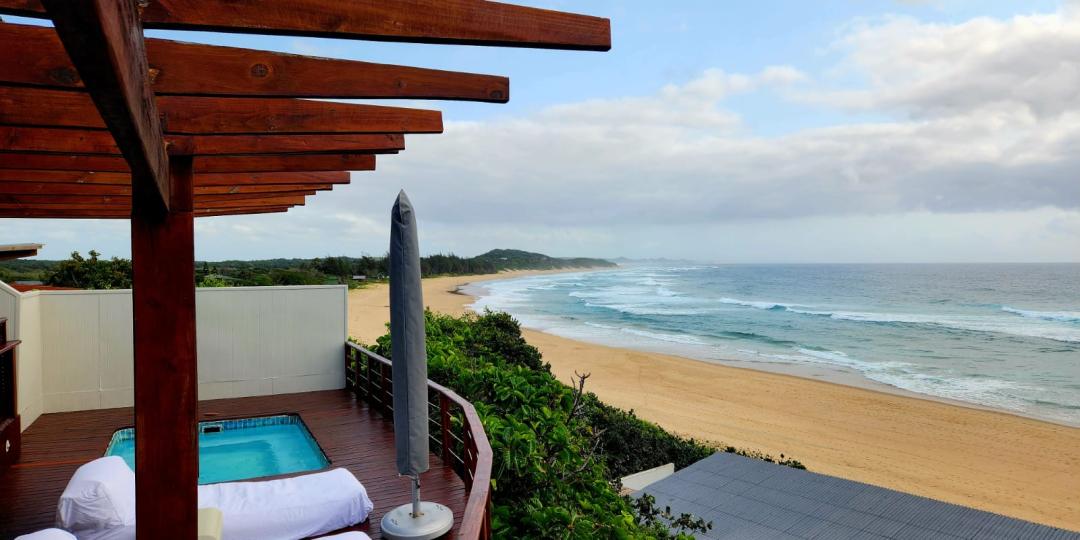Tourism marketing and business development experts are working closely with the Government of Mozambique to diversify the tourism economy and address other barriers facing the sector.
Co-founded by business development expert Cordelia Masher and tourism marketing specialist Nikki Weidemann, Destination Mozambique is working to fill marketing, collaboration and skills development gaps.
“What we have noticed is that many properties first have to explain everything about Mozambique, the location that they are situated in and the country’s political and economic environment, before they can even get to promoting their business,” says Masher.
Destination Mozambique is contributing to the creation of a collaborative model between government and the private sector, while also providing input on addressing hurdles to tourism investment, community development, infrastructure development and access to the global market.
Filling the gaps between high-end and budget
Mozambique’s Culture and Tourism Minister Eldevina Materula has identified that Mozambique’s tourism offerings are at the opposite ends of the scale, attracting either camping enthusiasts or high-end tourists, with a dearth of accommodation in between.
“Promotion is important so that we fill up the rooms that we have currently. But there is a need to build far more lodging and accommodation across other categories, because that would make for a very vibrant tourism economy that can provide benefits to a larger number of residents,” said Masher.
The World Bank’s US$400 million grant to improve the country’s road networks would go some way towards allowing the mid-range market to flourish.
“If we accept that flights to Mozambique will largely cater for the high-end, island-style holidays, then we would need good roads and a far more robust plan to facilitate the movement of bus operators and other transport companies to service three- and four-star lodges,” Masher said.
With a lack of airport infrastructure and only two airlines (national carrier LAM and Airlink) operating regionally, flight capacity remains highly constrained and expensive. Masher, however, voiced excitement at the fact that Airlink’s recent establishment of a route between Cape Town and Maputo was proving popular.
“There is a huge expat community in Cape Town who want to explore the region and have been cut off from the opportunity. Cape Town is also a huge hub in terms of international flights, and a direct flight allows for new itineraries to combine Cape Town with a tropical holiday in Mozambique.”
Platforms for investment
Mozambique is seeking to attract more tourism and investment through relaxed visa policies and the addition of 72 countries to the visa-exempt list.
Government has slashed the minimum amount required to apply for an investment visa from US$50m to only US$500 000. The validity period of the visa was also extended, to allow multiple entries and stays of up to two years for investment projects with a value equal to or greater than US$500 000, and five years for investment projects with a value equal to or greater than US$50 million or equivalent.
The approved changes still need to be formalised in the Government Gazette.
“As a kickstart, we are encouraging government to look at investments that are almost ready to go in terms of access and the infrastructure that has been developed. Investors don’t want to have to spend too much on developing infrastructure, so the areas around Maputo, for example, give us a good platform to stimulate the inflow of capital,” said Masher.























